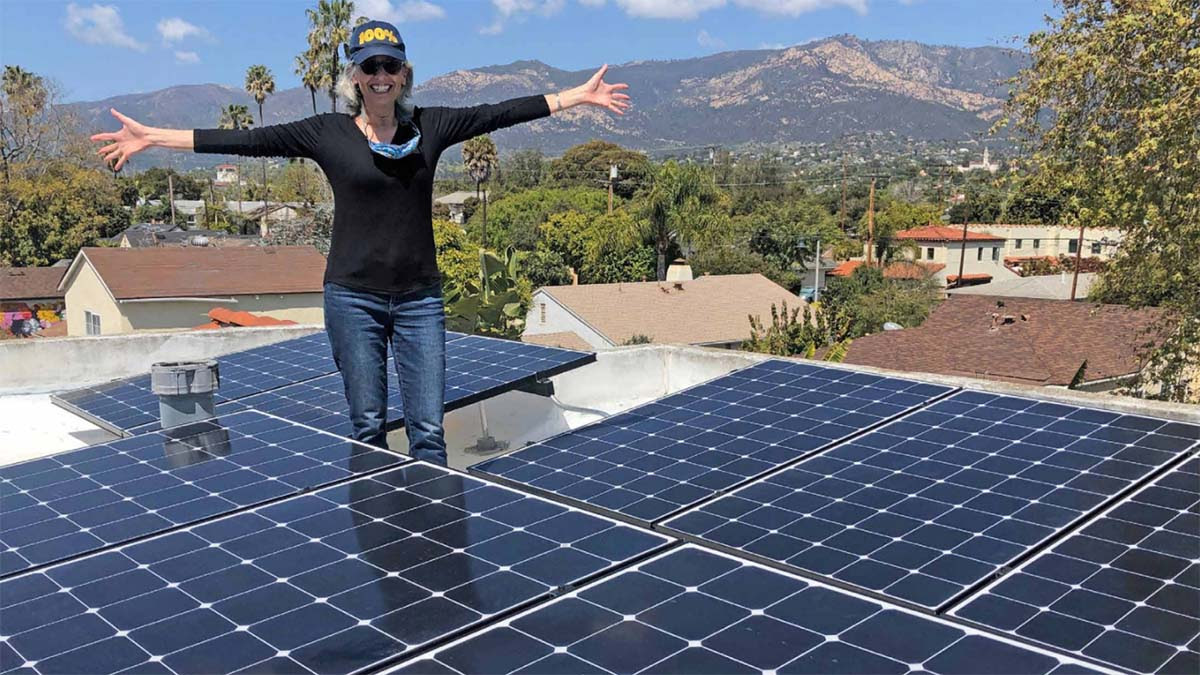
Installing Rooftop Solar Panels in Pennsylvania
Installing rooftop solar panels on your house in Pennsylvania and making the most of available rebates and incentives!
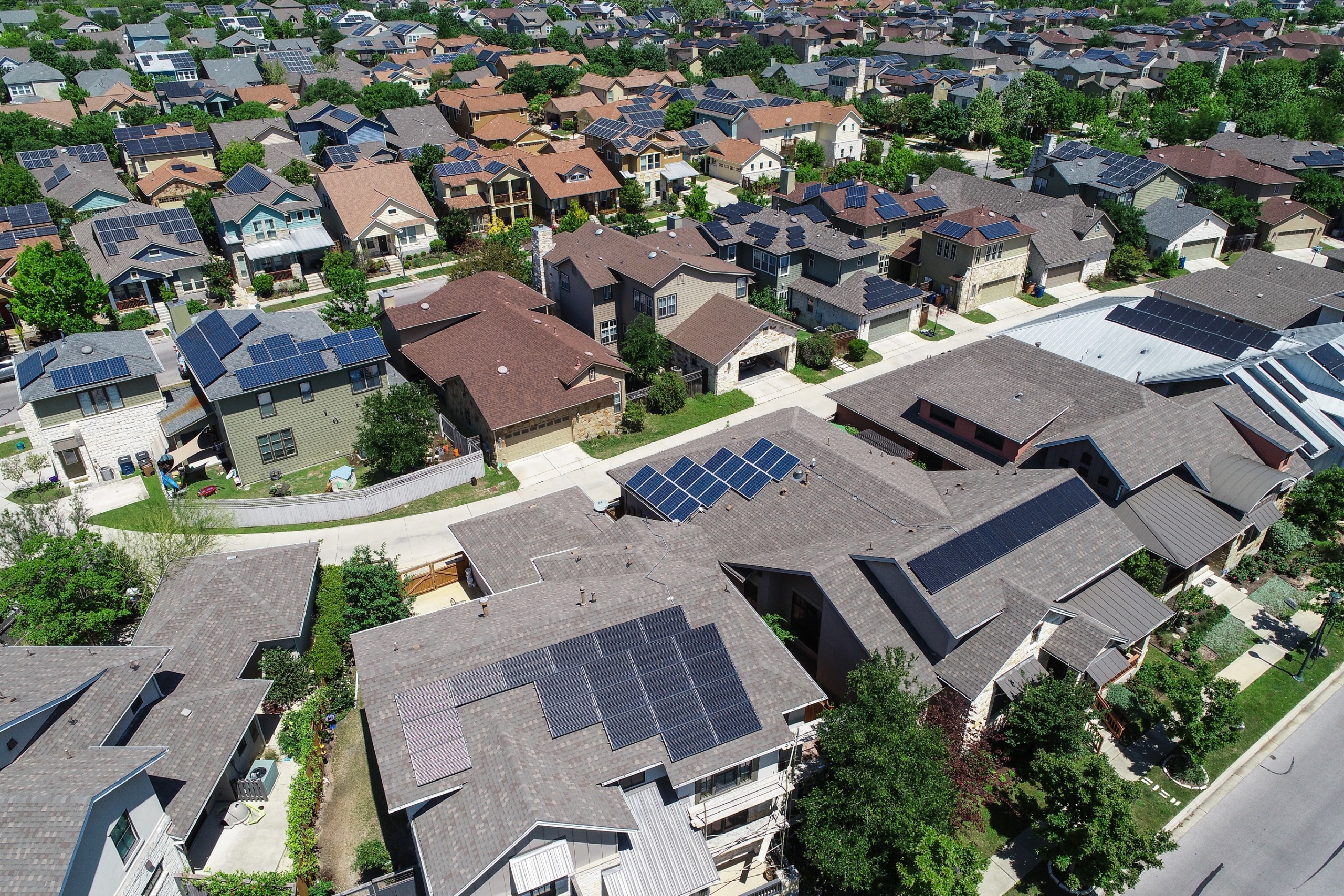
Installing rooftop solar panels in Pennsylvania makes use of abundant, affordable solar energy, lowers your power bills, reduces your carbon footprint, and helps make Pennsylvania a leader in clean energy!
In 2010, Pennsylvania was one of the top five solar development states in the country. Since then, Pennsylvania has fallen to second-to-last of all 50 states in total renewable energy growth. Because of a lack of state-level support for renewables, Pennsylvania has become a clean energy laggard.
Still, thousands of Pennsylvania homeowners are joining the clean energy movement! With tax credits and rebates available from the Inflation Reduction Act (IRA), now is a better time than ever to start getting your power from the sun. Based on Exact Solar’s extensive solar installation experience and PennEnvironment’s legislative expertise, we have put together this guide to “going solar” in Pennsylvania.
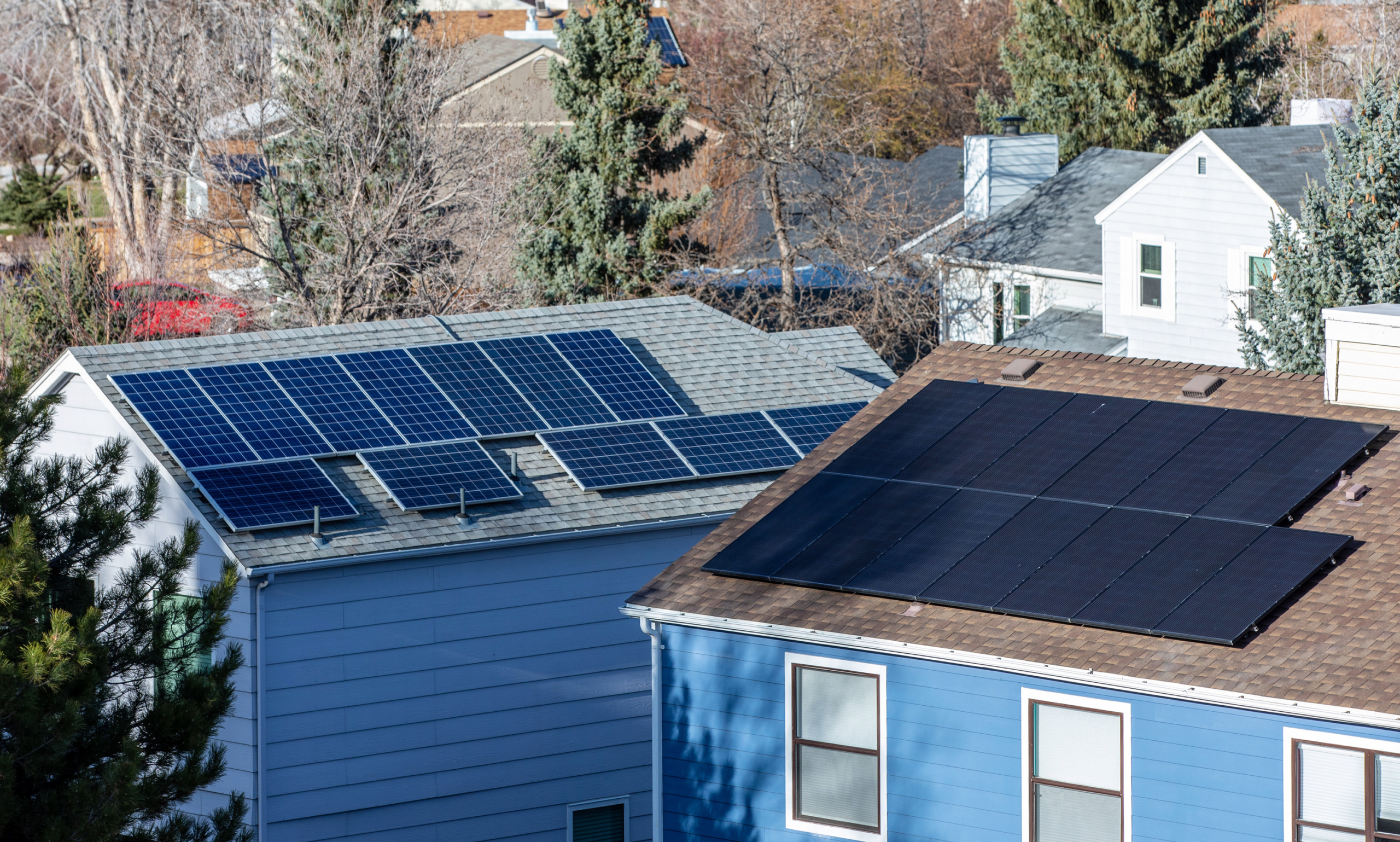
Why do the economics of installing rooftop solar panels in Pennsylvania make sense today?
In their 19 years in business, Exact Solar has seen Pennsylvania homeowners who invested in rooftop solar save $30,000 to $100,000 over the life of their system. The average Pennsylvania home solar system installed by Exact Solar pays for itself in 8 to 12 years. Rooftop solar typically produces power for 25 to 30 years, offering homeowners almost 20 years of heavily discounted energy.
Over the last ten years, the price to install rooftop solar panels in Pennsylvania has fallen 43%. With the IRA offering a 30% tax credit on the total system cost, there’s never been a better time to make the switch. Additionally, Pennsylvania is offering a Solar Renewable Energy Credit (SREC) program that provides financial incentives for solar energy production.
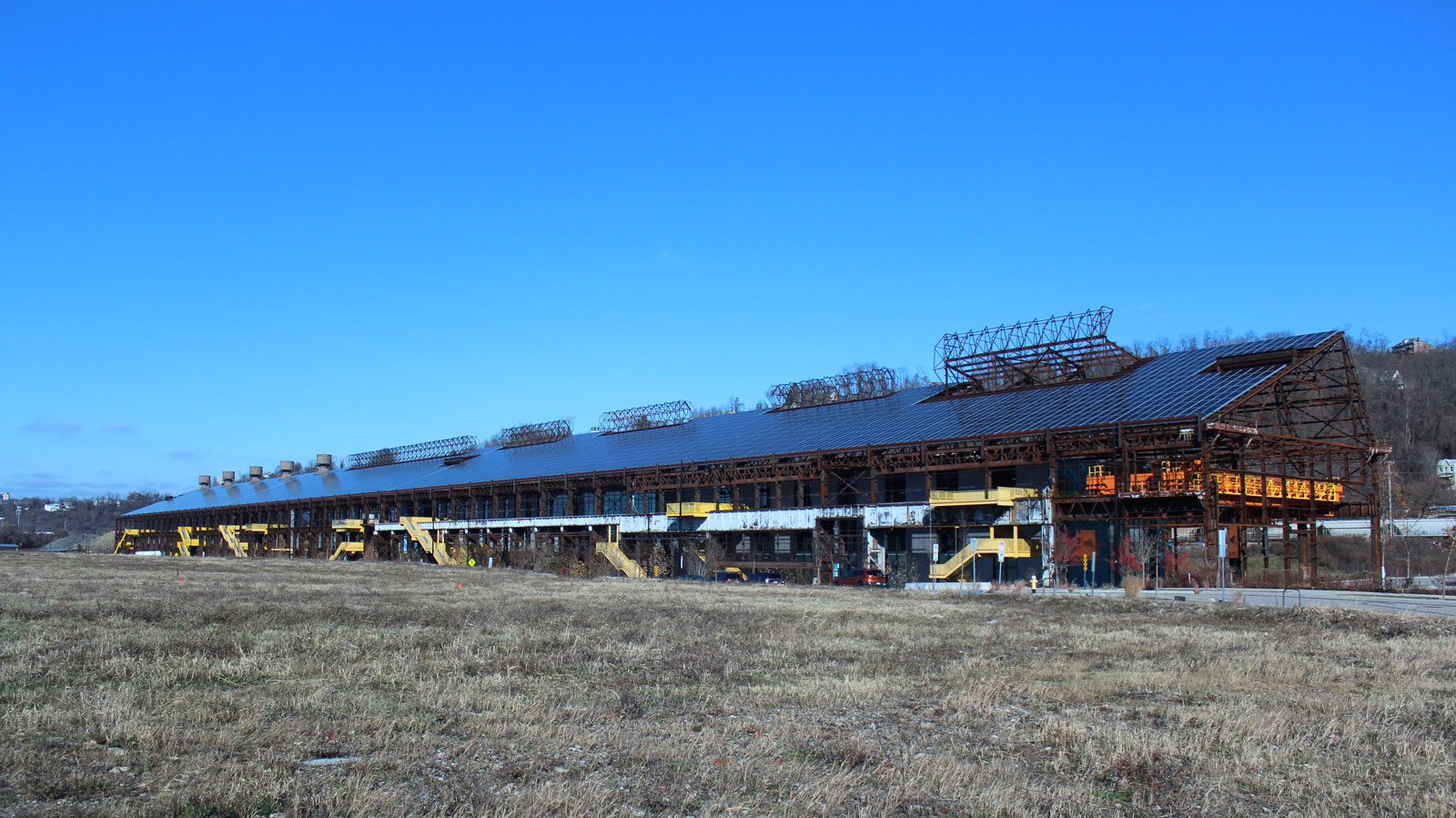
Pennsylvania Rooftop Solar Consultation
Your home’s candidacy for solar is influenced by various factors, including the direction your roof faces, the amount of shade your roof receives, and the policies of your local utility company.
Solar systems are very custom and bespoke. So, there is no better way to learn precisely the kind of system that your home needs than to set up a 1-to-1 consultation with a reputable local solar company.
Steps to Installing Rooftop Solar Panels in Pennsylvania:
Choosing a Solar Installer
Select a reputable and experienced solar installer in your area with proper licensing and certifications. Check reviews, request quotes, and verify their experience. Look for your area’s most experienced, highly rated, and awarded solar companies.
Going with a reputable local installer can save you time and money in the future. If you accept a bid from an out-of-state installer, there’s a good chance they don’t know the territory. A local installer has worked with your energy provider, in your area, and is likely to have worked on a home with a permitting process exactly like yours.
Schedule a few consultations to ensure you’re getting the right fit. If any company tells you they will only consult with you or inspect your home if you buy a system from them, they aren’t the right fit. A free consultation is the industry standard.
Warning: If a company’s salespeople pressure you to buy an expensive system on the spot, they may not be the right fit for your needs.
Important note: Consulting with a solar professional does not mean your home will be a good candidate for solar panels. Various factors influence your home’s candidacy for solar, including the policies of your local utility company, the age of the electrical infrastructure in your area, how shaded your roof is and what direction it faces, and how many people have installed solar in your area.
Consultation with a Solar Installer
During a typical solar consultation, sales engineers determine your energy usage and the amount of energy you’d like to offset with a solar system. They’ll use software to determine your roof’s orientation, shading, and condition to determine if it’s suitable for solar panels and where you’d like them to be installed.
Additionally, they will ask you about your specific requirements and how you plan to finance the total system cost. They’ll set up a home inspection to better understand your exact needs and provide resources and education to help you make informed decisions.
Using all of this information, they’ll generate a quote for you. Once you decide to move forward, you’ll move on to the home inspection.
Home Inspection
During your home inspection, one of our inspectors will look at your roof and double-check all the measurements from the software, finding the best spot to place panels for maximum energy output.
They may also fly a drone over your house to take a video (using some very interesting modern software that places panels virtually down to the inch), then cross-reference that to show you where the panels will sit and the potential output.
Permits and Interconnection Applications
To put a solar system on your home and start producing power, you must obtain the necessary permits and interconnection approvals from your local municipality and utility company. This is a process that often takes 6-10 weeks, depending on the utility, the municipality, and the time of year (sometimes they are more backed up than other times).
Installation
The final step in the process. All the permits have gone through, and your home is ready. A team will visit your home, install your rooftop solar panels, and after it passes approvals, turn it on!
Solar Energy is Growing in Pennsylvania
Solar States in Philadelphia is a solar installer and training facility that is helping to grow solar in Pennsylvania!
Pennsylvania Home Rooftop Solar Panel Costs
The cost of a rooftop solar panel system depends on factors such as the system’s size, the brands of component parts, and the complexity of installation. Pennsylvania homeowners invest an average of $10,000-$30,000 for a residential rooftop solar panel system. Solar systems are priced by price-per-watt (PPW). As new solar technology has hit the market, the average PPW has fallen by more than 40% in the last decade.
To lower the price even further, both Pennsylvania and the federal government offer incentives to make the transition to solar energy more affordable. Pennsylvania has both a net metering program and solar renewable energy credits (SRECs) program. Additionally, the federal government is currently offering a 30% federal tax credit on the cost of installation.
Solar Incentives and Rebates for Pennsylvania Home Solar Systems
Net Metering
Think of net metering as “banking” your home’s solar energy output. When the sun shines with the most intensity in the summer for extended periods, your solar panels will likely produce more energy than your home needs. Your utility company will automatically buy this extra energy.
During low solar intensity periods, like wintertime or at night, the utility company will “sell” the extra energy your home created back to you.
In Pennsylvania, we have 1-to-1 net metering. This means that you must be paid for any electricity your solar system generates at the same rate as the same amount of electricity would be sold to you.
Often, homeowners who invest in a solar system that replaces their entire energy usage find that they only pay their utility company’s service fee monthly, and the rest of their utility cost is eliminated.
Federal Investment Tax Credit (ITC)
Because of the Inflation Reduction Act, homeowners can claim a 30% tax credit on the total cost of their system until 2033. This tax credit is only available for homeowners who purchase or finance systems outright; it does not apply to leased solar panels.
Important note: Eligibility for this credit is based on your financial situation. It’s best to consult with your tax professional before researching the best solar panels for your home. If your tax obligation is less than the amount of the tax credit, you can take the tax credit over multiple years until it’s fully used up.
Solar Renewable Energy Credits (SRECs)
These credits are automatically generated per 1000 kilowatt-hour (kWh) a system produces. SRECs last three years, and homeowners can sell or trade them.
The price varies based on supply and demand. But if their solar system produces more energy than they use, the average Pennsylvania home solar system owner can expect to earn a few hundred dollars yearly from their SRECs.
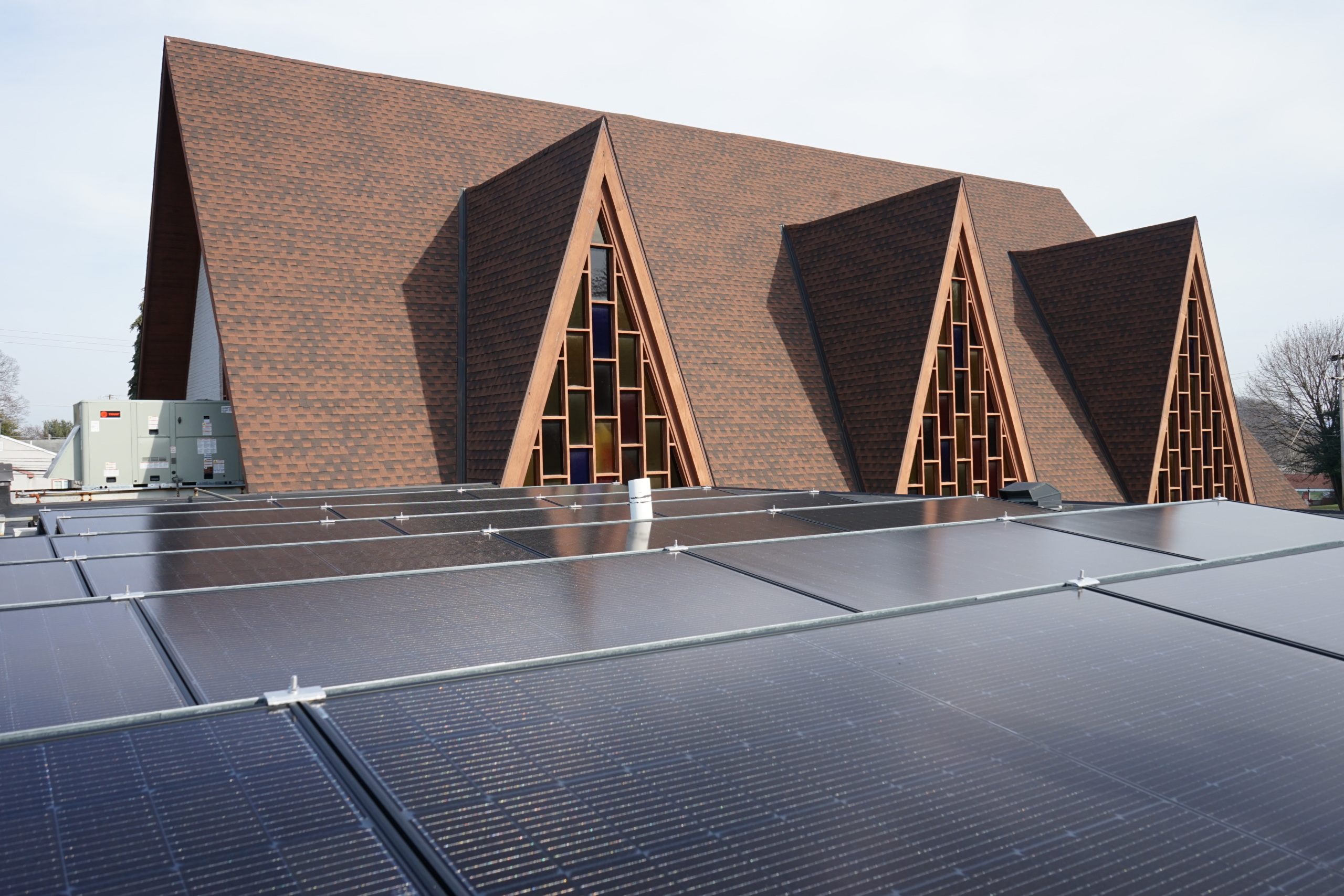
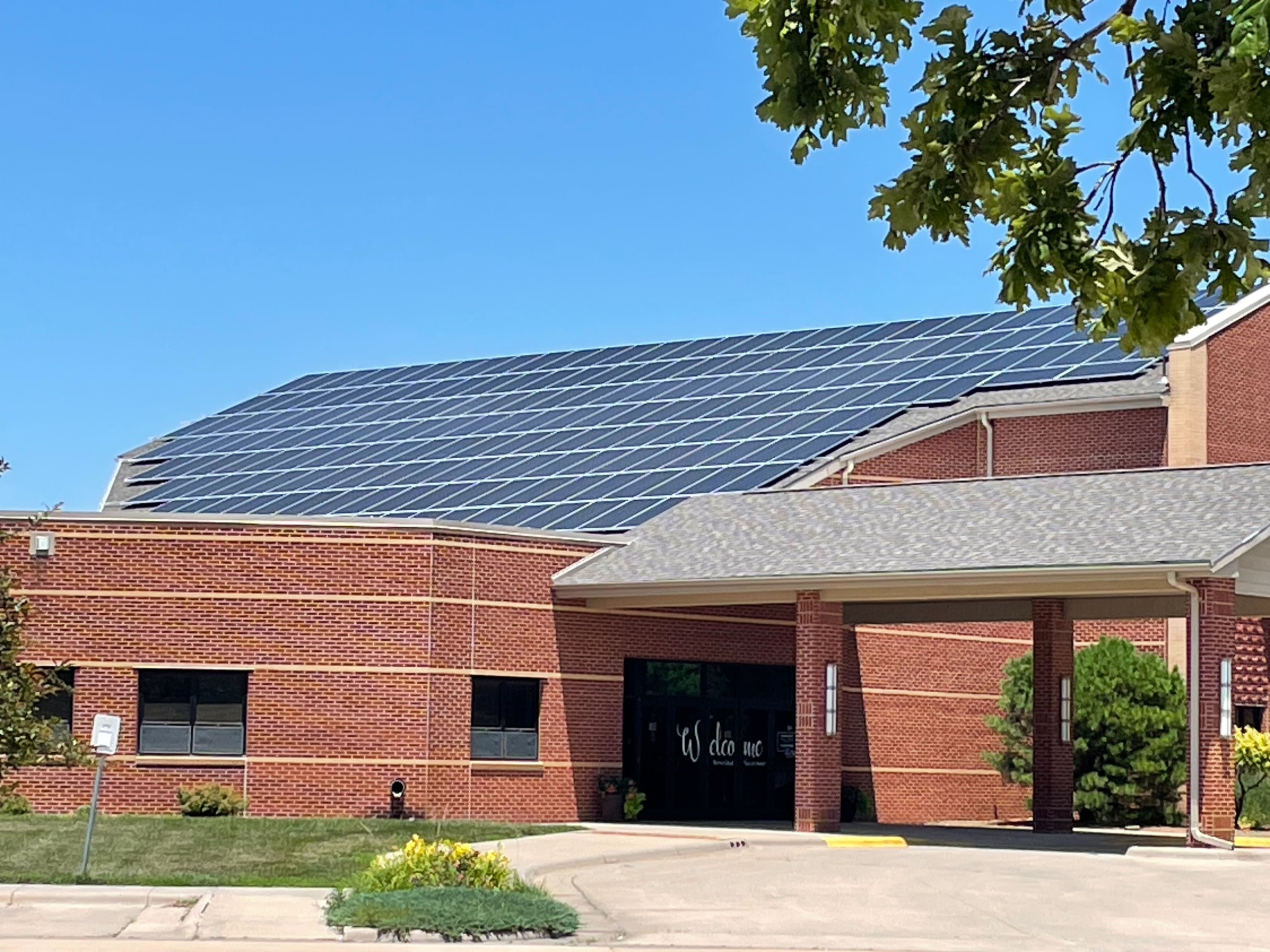
Pennsylvania Rooftop Solar Maintenance:
Solar panels have a long lifespan, around 25 to 30 years, as do all the major components of a home solar system.
In general, rooftop solar panels are quite low-maintenance, but periodic cleaning and inspections are sometimes necessary to ensure optimal performance. It doesn’t make sense to clean the panels themselves, they get dirty again quickly and the rain does a good enough job. But, it is important to ensure that debris from leaves isn’t getting stuck under the panels. It’s a good idea to clear such debris annually when you clean your gutters.
As the homeowner, you should occasionally check your online monitoring system or mobile app and watch for alerts. If there are any error codes or issues with the system, they self-report through the app, through email alerts, or the online monitoring system. You just need to let your installer know so that they can help you investigate the issue. Most of the time, this can be done remotely.
What Are You Waiting For?
Installing rooftop solar panels can have significant and radiating impacts for you, your community, and the planet! In one fell swoop, lower your energy bills, build momentum for renewables in Pennsylvania, and help fight the climate crisis!
You can learn more about Exact Solar and how they can help you go solar at exactsolar.com.
And, check out Environment America’s “How to Go Solar” consumer guide for even more tips on installing rooftop solar.
Not a homeowner or have a home not suitable for rooftop solar panels?
Another great option to power your life with clean energy is community solar! Community solar allows neighbors, businesses, farmers, or other community members to come together to ‘share’ solar power. More access to solar energy will lower climate pollution, clean up our air, support energy independence, and lower energy bills.
The Pennsylvania House passed a bill that would authorize community solar and it now awaits a vote in the Senate. Send your Senator a message at the link below in support of community solar!
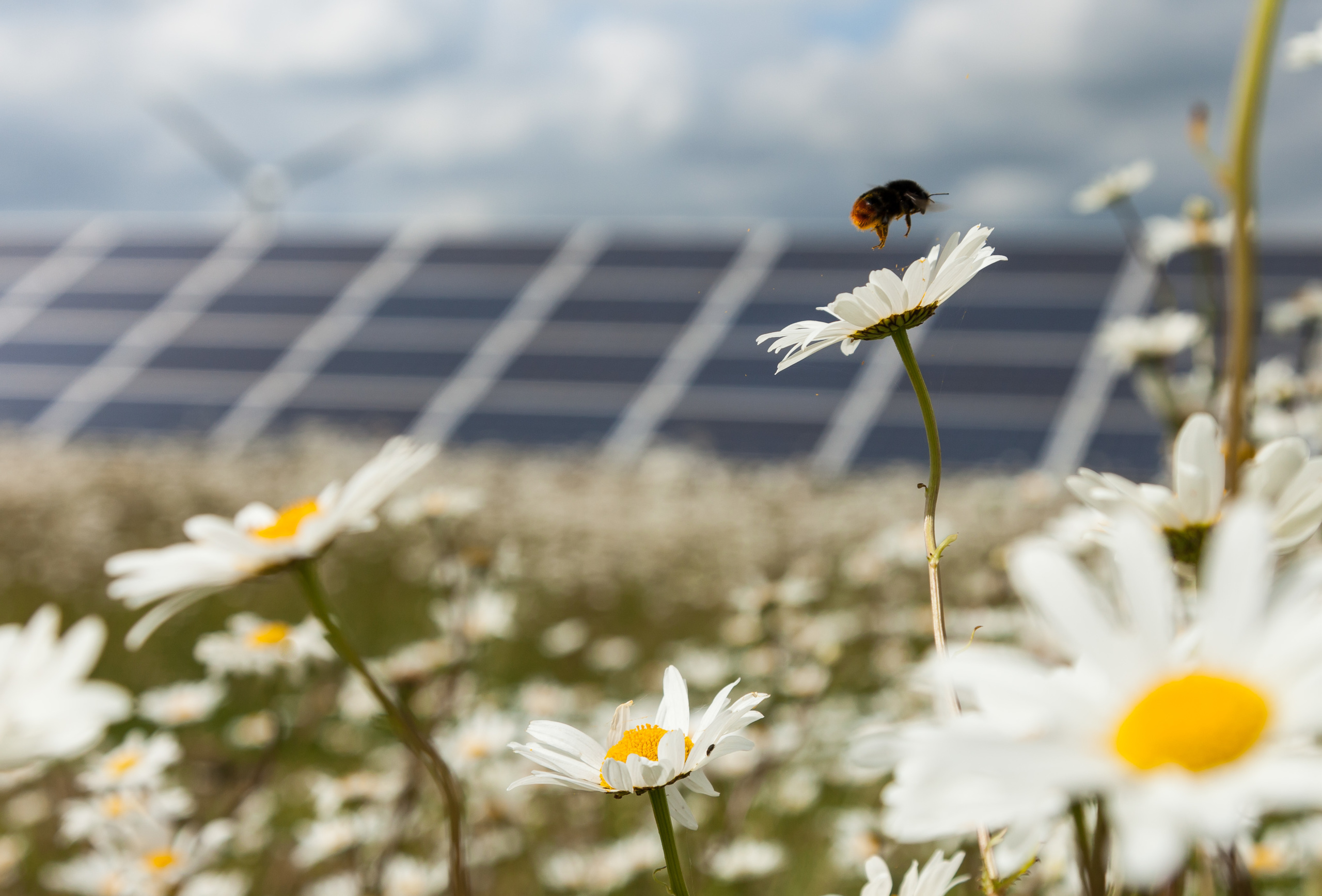
Tell Harrisburg: We need solar for all Pennsylvanians
Support solar for ALL Pennsylvanains! Tell your state legislators to authorize community solar in PA today.
Topics
Authors
Ellie Kerns
Climate Field Organizer, PennEnvironment
Ellie works on PennEnvironment's climate change campaign and helps move forward climate initiatives. She lives in Philadelphia, where she enjoys photography and gardening.
Flora Cardoni
Field Director, PennEnvironment
Started on staff: 2016 B.A., summa cum laude, Tufts University Flora oversees much of PennEnvironment’s climate and grassroots organizing work, directing staff and mobilizing volunteers around the state to fight climate change and promote good clean energy policy in Pennsylvania. Before taking on this role, Flora was a member of Green Corps where she led campaigns to register youth to vote in Arizona and oppose the Dakota Access Pipeline in Iowa. She’s also directed several door to door canvass offices around the state on behalf of PennEnvironment and Work For Progress. Flora lives in Philadelphia where she enjoys long walks around the city, taking in all of the art, food, and parks it has to offer.
Find Out More
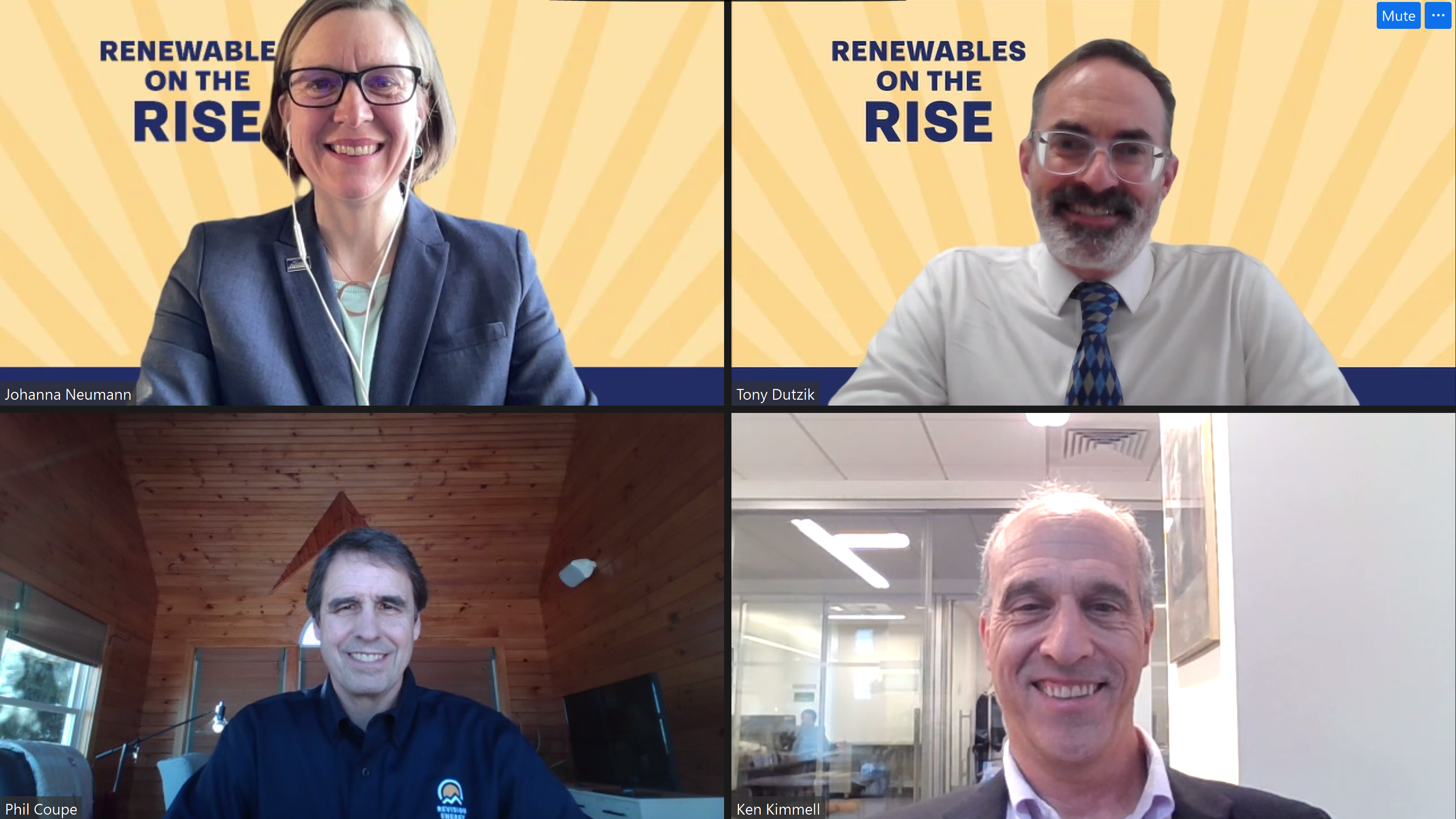
Key takeaways from Renewables on the Rise: Success Stories

Navigating Inflation Reduction Act Benefits as a Non-Profit
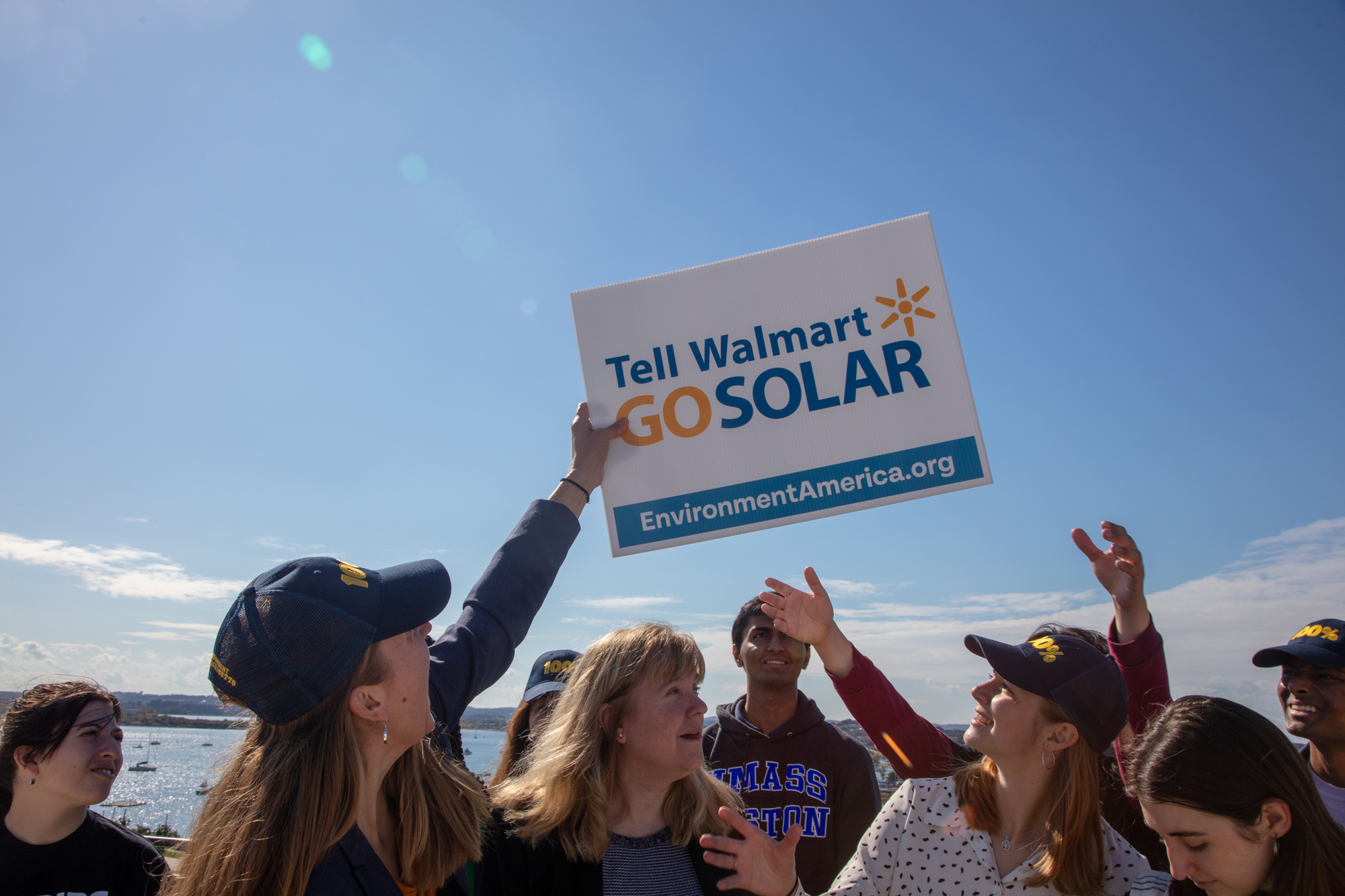
Which 10 American retailers can lead the way on rooftop solar?
